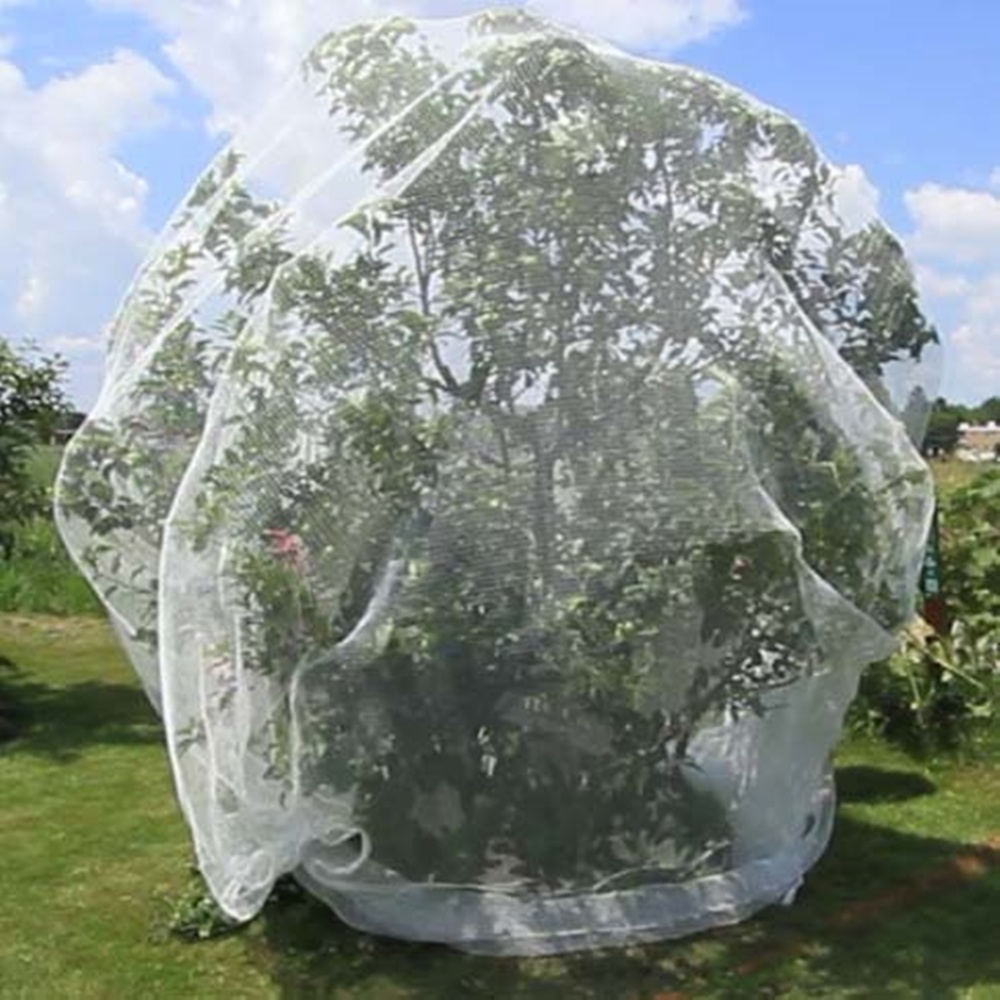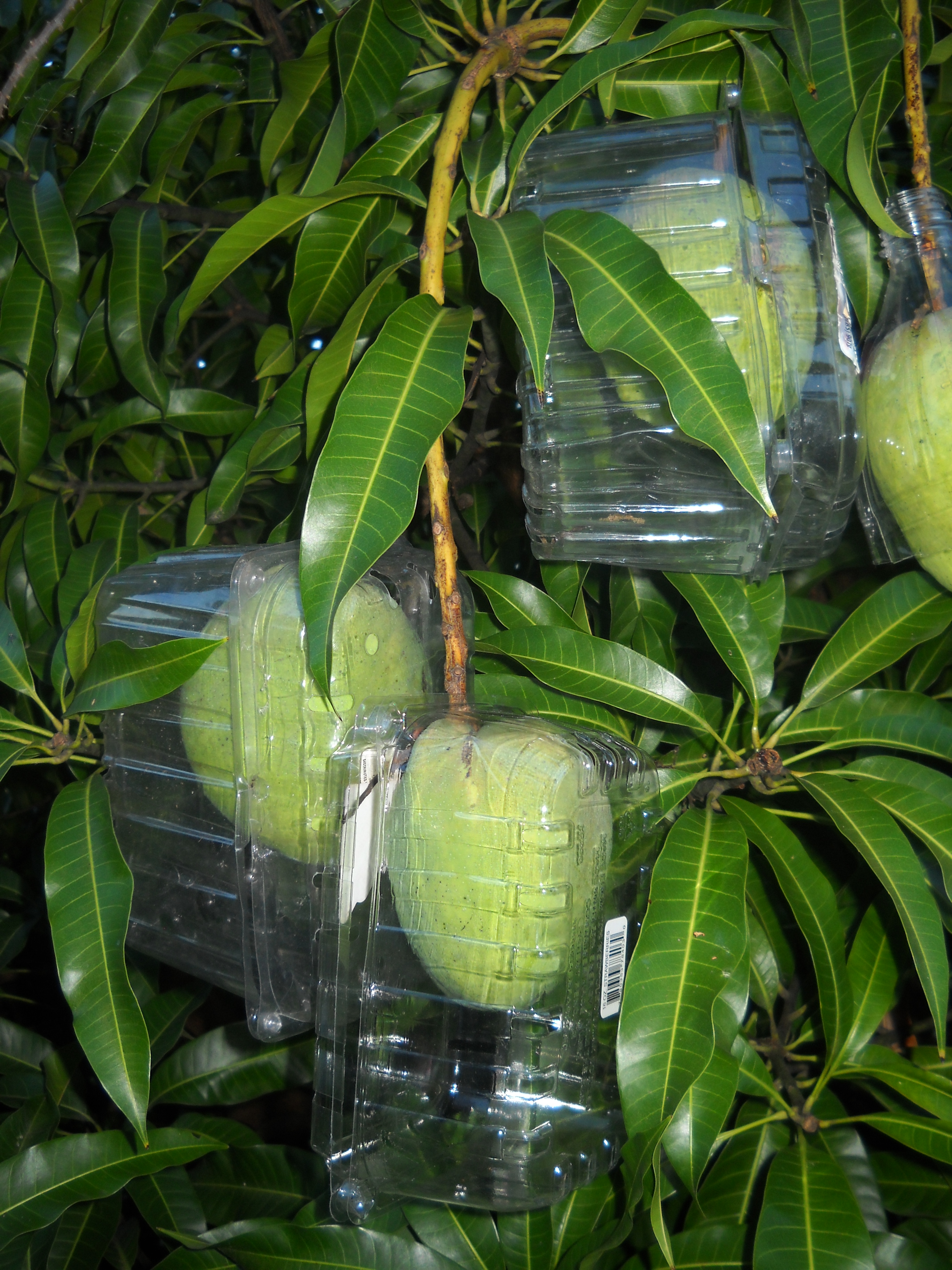Fruit Tree Netting Squirrels
Fruit tree netting squirrels is a common issue faced by many fruit growers. It's frustrating to put in the effort to grow a healthy, fruitful tree only to have squirrels come and steal the fruit before it's even fully ripe. In this post, we'll explore some solutions to this problem and help you protect your harvest.
Pain Points of Fruit Tree Netting Squirrels
One of the major pain points of fruit tree netting squirrels is the damage they can cause to the fruit. Squirrels are known to take a bite out of a fruit and then move on to the next one, leaving a trail of ruined fruit in their wake. Additionally, squirrels are fast and nimble, making it difficult to keep them out of your trees. And if you're not careful, the netting you use to protect your fruit can actually cause more harm than good, by damaging the tree or trapping birds and other small animals.
Solutions to Fruit Tree Netting Squirrels
The most effective solution to fruit tree netting squirrels is to use a physical barrier, like bird netting. This creates a barrier around the tree that squirrels cannot penetrate, keeping them away from your fruit. However, it's important to install the netting properly to avoid any damage to your tree or harm to other animals. You can also try using scent repellents or scare tactics, like fake owls or shiny objects, to deter squirrels.
Summary of Main Points
In summary, fruit tree netting squirrels is a common frustration for fruit growers. The pain points involved include fruit damage and difficulty in keeping squirrels out of trees. The most effective solution is to use physical barriers like bird netting, but it's important to use them properly to avoid unintended harm to the tree or other animals. Alternatives include scent repellents and scare tactics.
Personal Experience with Fruit Tree Netting Squirrels
As an avid fruit grower, I've dealt with my fair share of fruit tree netting squirrels. One year, I tried using scare tactics like fake owls and shiny tape, but found that the squirrels quickly figured out they were not a real threat. So, the next year I invested in bird netting and was thrilled with the results. Not only did it keep the squirrels away, but it also protected my fruit from birds and other pests. Just be sure to install it properly, or you could end up with a damaged tree like I did the first time around.

Tips for Using Bird Netting
If you're considering using bird netting to protect your fruit tree, there are some tips to keep in mind. First, always use a high-quality, UV-stabilized netting to ensure it lasts over time. Second, make sure the netting is properly secured around the trunk of the tree to avoid damage to the bark. And third, always monitor the netting and remove any animals that may have become trapped inside.

The Benefits of Using Scent Repellents
If you're hesitant to use physical barriers like bird netting, another option to consider is scent repellents. These rely on odor to keep animals away from your fruit tree. Common scents used include peppermint oil, garlic, or vinegar. While not always as effective as physical barriers, scent repellents can be a good option for those who want to avoid harming animals.

Questions and Answers
Q: Can bird netting harm birds?
A: Yes, bird netting can potentially harm birds if they become trapped inside. It's important to check the netting regularly and remove any animals that may have become trapped.
Q: What is the best type of bird netting to use?
A: The best type of bird netting to use is a high-quality, UV-stabilized netting that is properly installed and secured around the trunk of the tree.
Q: Will scent repellents work on all types of animals?
A: No, scent repellents will only work on animals that are deterred by the scent used. It's important to research which scents are effective for the specific animals you're trying to keep away.
Q: Can I use bird netting on all types of fruit trees?
A: Yes, bird netting can be used on all types of fruit trees. However, it's important to ensure the netting is properly installed and secured to avoid any damage to the tree.
Conclusion
Fruit tree netting squirrels can be a frustrating problem for fruit growers, but there are effective solutions available. From physical barriers like bird netting to scent repellents and scare tactics, it's important to choose the option that works best for you and your specific situation. By taking the steps to protect your fruit, you can enjoy a bountiful harvest all season long.
Gallery
Protecting Trees With Bird Netting - Top Home Projects

Photo Credit by: bing.com / netting protecting trees bird
FIGS, FIGS, FIGS! - Gardening In LA
Photo Credit by: bing.com / netting bird fruit figs squirrel fig easy made ripening gardeninginla
How To Keep Squirrels And Birds From Eating Your Fruit | Root Simple

Photo Credit by: bing.com / fruit squirrels birds keep diy containers plastic trees protect eating garden protector gardening produce effective tricks easy trick clever noel
Bird Net For Squirrels? - General Fruit Growing - Growing Fruit

Photo Credit by: bing.com / squirrels bird fruit trees mb 2592 1936 growingfruit over
How To Protect Your Fruit Crops From Birds | Fruit Trees, Fruit Plants

Photo Credit by: bing.com / netting